
OR
Editorial
Expand apple processing plants to empower rural farmers
Published On: October 3, 2023 07:30 AM NPT By: Republica | @RepublicaNepal
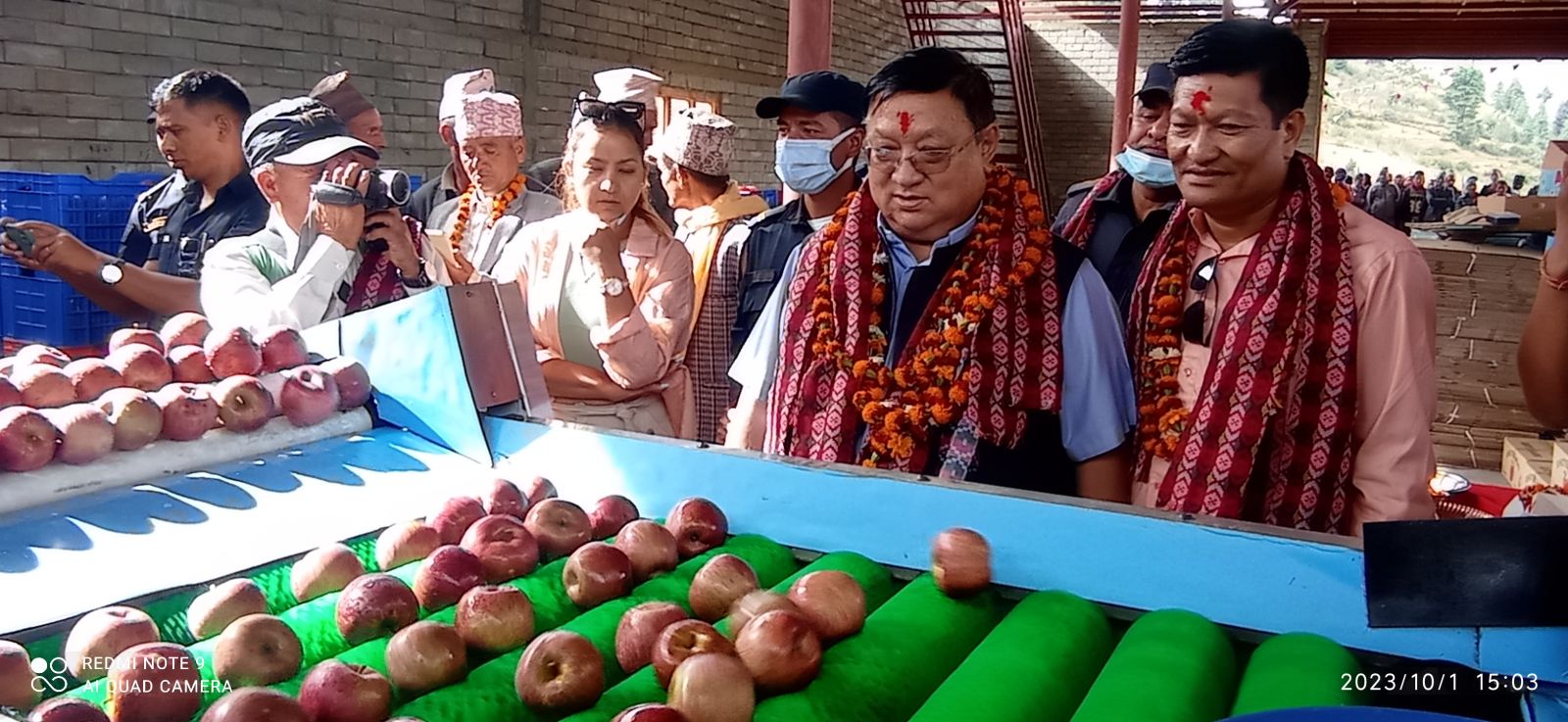
In a significant development for the apple industry, Guthichaur Agro Firm Pvt Ltd in Jumla has introduced a state-of-the-art apple processing and grading machine, marking a crucial step towards enhancing the quality of apples from the region. This innovative grading machine promises to transform the apple industry by providing accurate grading based on size, a development that will undoubtedly impact the pricing and overall quality of apples from Jumla. However, to fully capitalize on this potential and expand apple processing capabilities, it is imperative for the government to take proactive initiatives in establishing more such plants in various apple-rich districts.
Jumla, known for its apple abundance, has long been recognized as a hub for apple cultivation. The region boasts vast apple orchards covering approximately 4,250 hectares, but despite this vast potential, the lack of appropriate processing and grading facilities has impeded the industry's growth. The newly-installed grading machine is a game-changer that will not only improve the quality of apples but also pave the way for commercial apple farming. One of the primary advantages of enhancing apple processing facilities is the economic empowerment of rural farmers. Apples are a vital source of income for many farmers in remote districts, and establishing processing plants will add significant value to their produce. By ensuring that the apples meet high-quality standards through accurate grading, farmers can command better prices for their harvest, leading to increased profits and improved livelihoods.
Furthermore, investing in apple processing plants will save foreign currency that would otherwise be spent on importing processed apple products. With advanced processing facilities in place, the need to rely on imports diminishes, thus preserving foreign exchange. This not only contributes to economic stability but also aligns with the government's efforts to promote self-sufficiency and reduce dependency on external markets. To achieve a broader impact and maximize the benefits of apple processing, the government should actively encourage and support the establishment of such facilities in various apple-growing regions across the country. Providing incentives, subsidies, and technical assistance to entrepreneurs and farmers looking to venture into apple processing can foster a thriving apple industry. Government-sponsored training programs can also equip farmers with the necessary skills and knowledge to effectively utilize grading machines and adopt modern processing techniques.
Moreover, collaboration between the government, private sector, and agricultural cooperatives is essential for the sustainable growth of the apple industry. Joint efforts can lead to the development of integrated supply chains, ensuring efficient production, processing, and marketing of apple products. This collaborative approach will not only benefit farmers but also contribute to regional economic development. The introduction of the apple processing and grading machine in Jumla is a significant milestone for the apple industry. However, to fully unlock the potential of the apple sector, the government must take proactive steps to encourage the establishment of similar processing plants across apple-rich districts. These initiatives will not only empower rural farmers economically but also boost the nation's agricultural economy while preserving foreign currency. The time is ripe to invest in the future of apple farming and processing in Nepal.
You May Like This

Tractor carrying herbs under police control
JUMLA, Dec 5: The District Police Office, Jumla, has seized a tractor carrying herbs. The tractor (Bhe 2 Ta 1491),... Read More...

Difficult Jumla terrain does not deter poll campaigns
JUMLA, Nov 1: With just 25 days left for the parliamentary and provincial elections of November 26, candidates nominated by political... Read More...

Women now do all the work in Jumla village
JUMLA, Feb 8: Suna Kami of Pandavgupha-5 in Jumla district takes lead in all the activities in her village. As able... Read More...


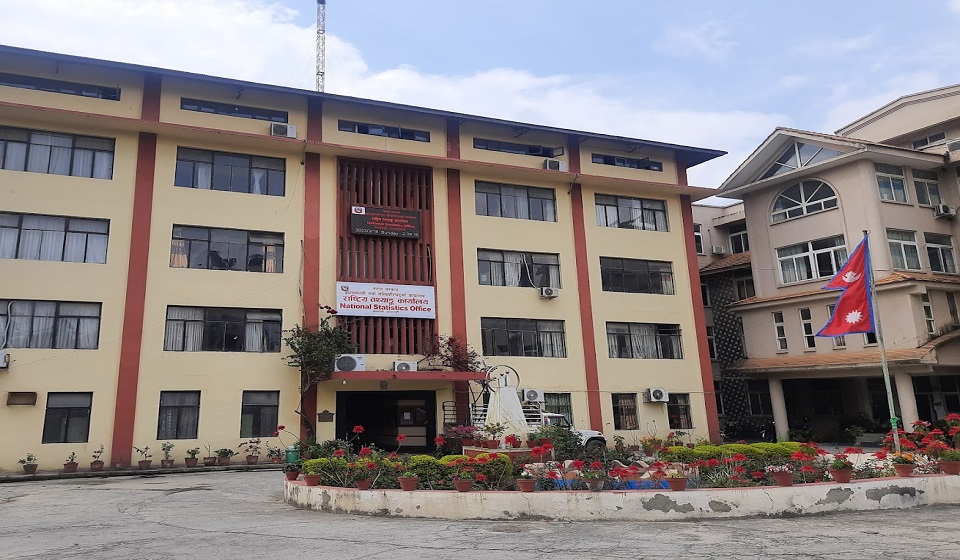



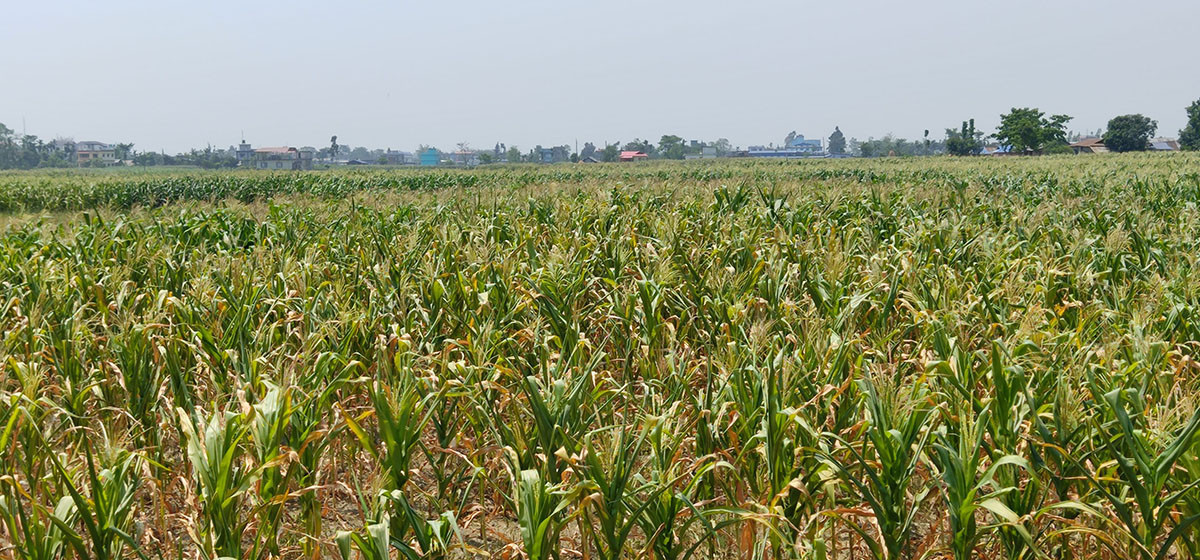

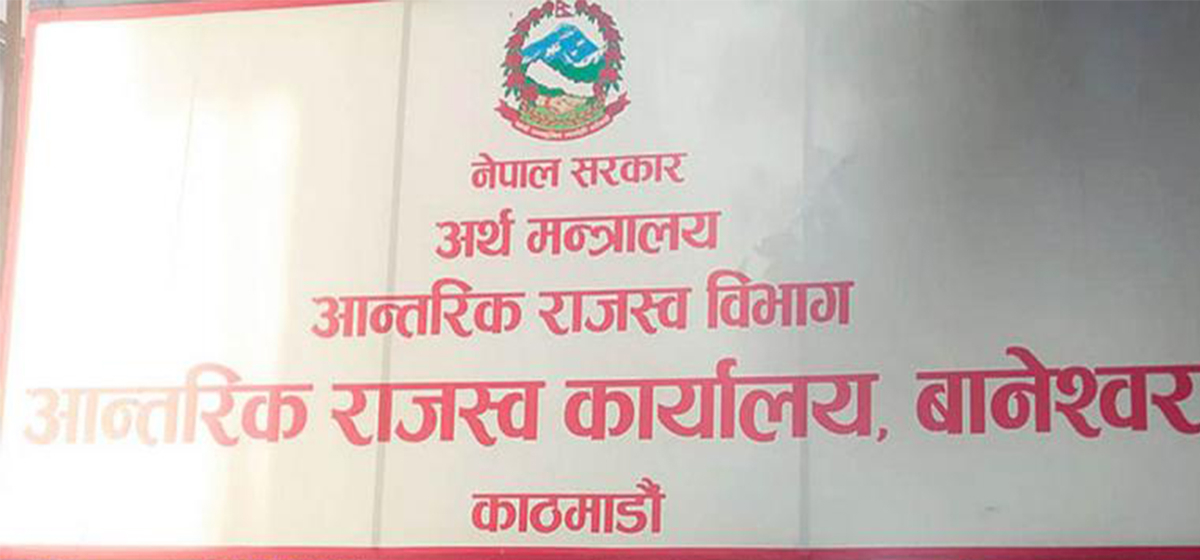
Just In
- Thamel's LOD night club secures 50th spot in DJ Mag's world's best clubs list
- Drought drying up maize crops
- PM directs DoTM officials to resolve driving license issues
- Speaker Ghimire calls meeting of top leaders
- NEPSE plunges 15.62 points, while daily turnover falls to Rs 2.89 billion
- IRD reports increase in tax revenue
- Next hearing on case against cricketer Lamichhane on 14 May
- Ashok Rai-led Janata Samajbadi Party officially registered at EC






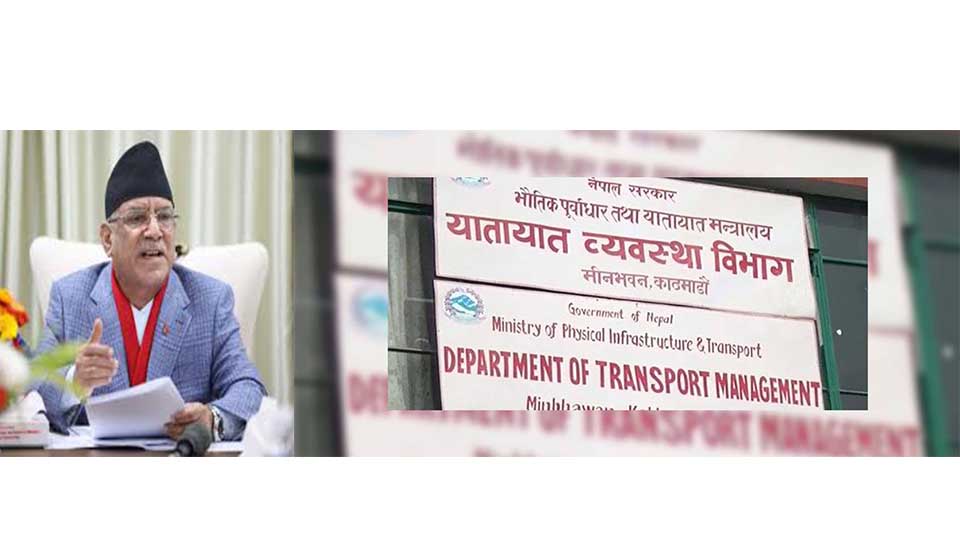



Leave A Comment